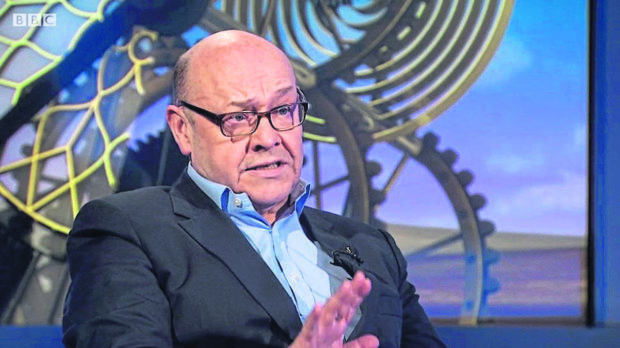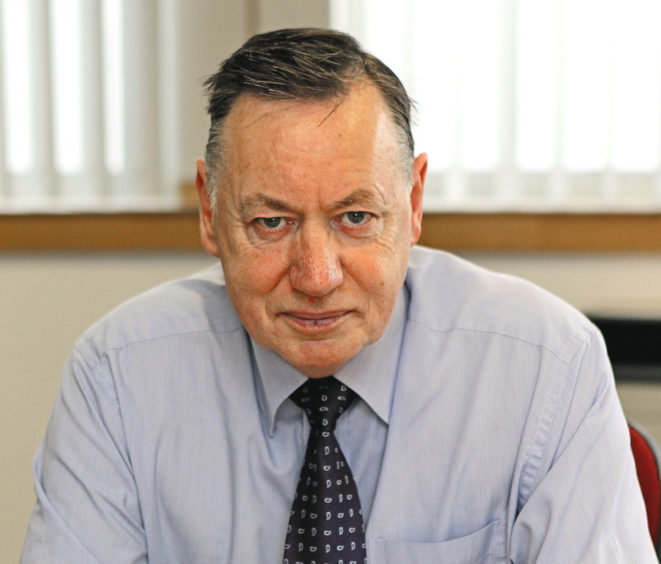Things should really be plain sailing for the SNP in the coming months.
While Labour and the Liberal Democrats have been toothless, if not entirely invisible, opposition, the Scottish Conservatives appear to be trying actively to alienate voters north of the Border.
We’ve had a flying visit from Prime Minister Boris Johnston, though he pointedly avoided travelling to the main centres of Scotland’s population.
His visit was swiftly followed by the resignation of the leader of the party in Scotland, Jackson Carlaw, leaving us with the prospect of three different Scottish Tory leaders in less than six months.
As if that wasn’t enough, we heard former leader Ruth Davidson declare that she regretted not “putting the boot in” to her opponents after the last independence referendum.
That’s nearly half the Scottish electorate she’s talking about. To cap it all off, Ms Davidson was then elevated to the House of Lords as a peer by the prime minister. Talk about adding insult to injury.
So the electoral door should be wide open for the SNP in next year’s Holyrood elections, shouldn’t it? Well, despite its apparently unassailable lead in the polls, the party, or at least parts of it, appears hell-bent on destroying any prospect of an outright victory next year.
For some time there have been murmurings about trying to “game” the Scottish Parliament’s complex D’Hondt voting system.
Under the system, designed to give a roughly proportional number of seats to the percentage vote each party wins, the SNP is expected to win a majority of constituency first-past-the-post seats, thus reducing their number of top-up seats on the regional lists.
To counteract this, the argument goes, a second, independence-supporting party, standing only on the list, could mop up far more seats there than the SNP.
All very well. But that depends on the SNP agreeing, and telling its supporters to vote SNP in constituencies and the alternative independence party on the list. And that is not going to happen.
The presence of a second independence party on the list will simply split the list vote. Even the loss of a few thousand votes would leave the SNP with a reduced number of list MSPs.
And those few thousand votes would be nowhere near enough to see an alternative independence party – and currently there are at least three of them being proposed – win seats of its own.
There’s also the downside of a justified perception among the electorate that independence campaigners are trying the cheat the system with this ploy.
This particular issue may not be the fault of the SNP leadership, but other problems most certainly are.
Who on earth tried to fix the rules so a sitting MP would find it almost impossible to stand as an MSP candidate?
No matter how party bosses try to spin this, the plan was obviously designed to block MP Joanna Cherry standing against leadership favourite Angus Robertson in Edinburgh Central.
It was a clumsy and counter-productive attempt to gerrymander the selection process. And with Ms Cherry being seen as a close ally of former leader Alex Salmond, this only added fire to opposition claims that there is a major split within the party.
The imposition of all-woman short-leets on every seat where an SNP MSP is standing down is an understandable if controversial system of getting more female MSPs into Holyrood.
But Glasgow MSP James Dornan was shocked to discover that an all-female list had been imposed on his constituency.
Now, Mr Dornan had previously announced his intention to stand down, but quickly changed his mind.
I knew this, as did just about everyone else with a day-to-day interest in Scottish politics. So why didn’t the hierarchy of the SNP know?
The decision had to be quickly reversed when this was pointed out to them. It seems that the people running the party don’t appear to have their fingers on the pulse of what’s actually going on in their own organisation.
As someone who joined the SNP as a schoolboy more than 50 years ago, I find the current machinations at the heart of the party, whether on possible second parties, efforts to block individuals, or the seeming obsession with fringe issues such as gender recognition, very frustrating.
And I also understand the frustration of many members over the apparent reluctance of the current party leadership to announce the start of the next referendum campaign.
But I would caution patience. When I joined the party, we had no MPs, no elected political representation whatsoever.
Years of leafletting, canvassing, knocking on doors has seen us grow to win first a handful of MPs, then a good number, win the establishment of a Scottish Parliament, seen 13 years of an SNP Scottish Government, and take part in an independence referendum which we lost narrowly.
None of these things would have happened without the SNP. A concentration on our core issue of Scottish independence and an end to infighting is what we need to see from the party I love in the next few months.
Campbell Gunn is a retired political editor who served as special adviser to two first ministers of Scotland

